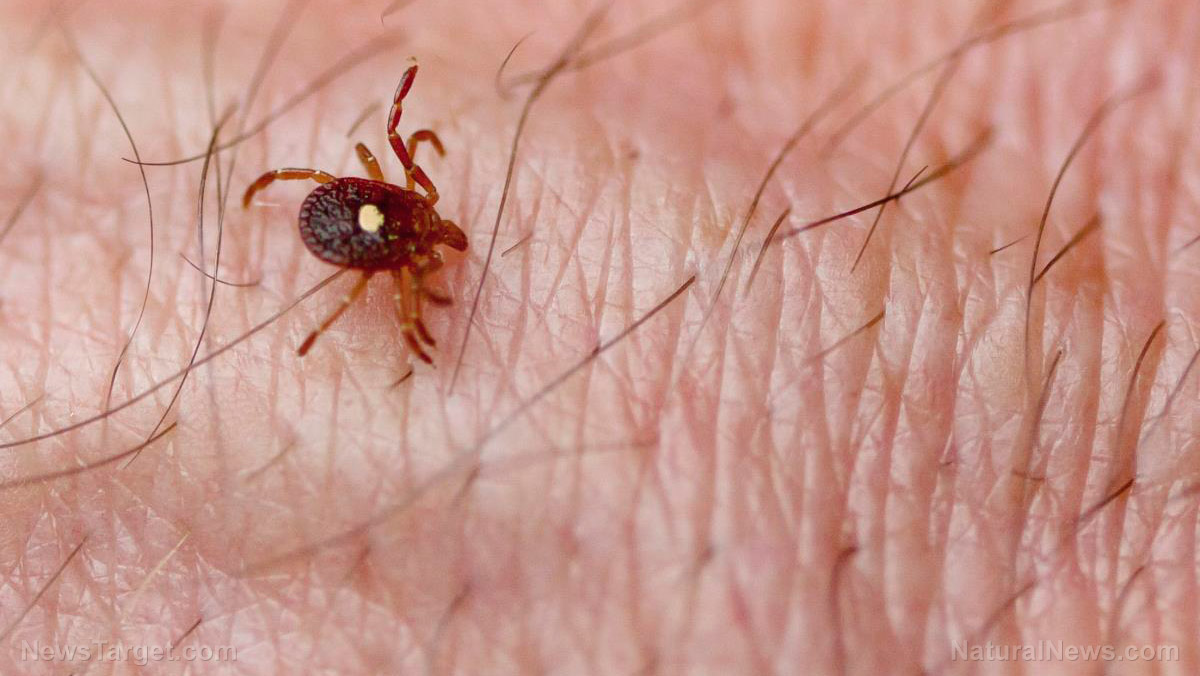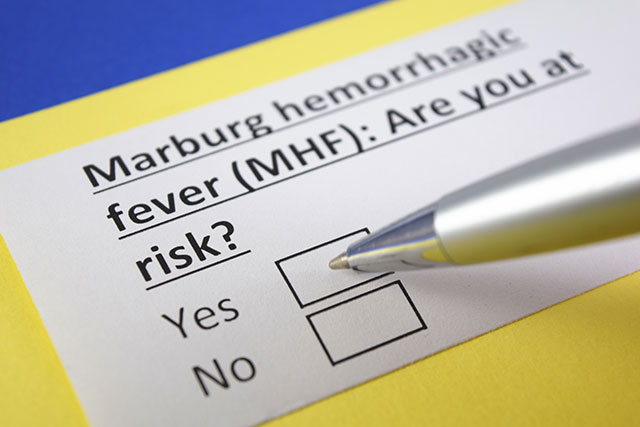UK public health authorities incite fresh fears about tick-borne brain disease virus
04/07/2023 / By Ethan Huff

Brits might want to avoid ticks, says the government, because of a new tick-borne virus that supposedly eats away at the human brain.
The UK Health Security Agency (UKHSA) issued a warning after the disease was allegedly identified in four separate areas of the United Kingdom. The agency says the risk of infection is very low, but that people need to be aware about the possibility of catching it.
Just like with the Wuhan coronavirus (Covid-19), the British government wants more testing and “research” to identify the risks. It also wants hospital staff to be on the lookout for its appearance.
Since 2019, four cases of possible or confirmed tick-borne encephalitis, or TBE, have been identified in Great Britain. Two of these possible or confirmed cases occurred just last year.
Prior to 2019, the disease, which is said to be endemic in rural and forested areas of central, eastern, and northern Europe, as well as in some Eurasian areas, had never before been seen in the UK.
(Related: Lyme disease, which is also said to be spread by ticks, could be a government-made bioweapon.)
TBE cases are being identified using fraudulent PCR tests, just like with covid
In the four areas of England where TBE has possibly or for sure been identified, there are said to be two different circulating strains.
Virus-carrying ticks were spotted in Thetford Forest in the east of England, as well as in the Hampshire and Dorset border, the New Forest in southern England, and the North Yorkshire Moors.
The first known possible case of TBE in the UK was identified in 2019 when a European visitor became ill after getting a tick bite in the New Forest, Hampshire. That patient was later diagnosed as a “highly probable” case of TBE.
The second known possible case occurred in 2020 in a patient from Hampshire.
The third and fourth known possible cases occurred in September and October 2022 when two patients tested positive for the TBE virus using polymerase chain reaction (PCR) testing, the same fraudulent test used for covid.
One of these cases may have occurred in Scotland a few months prior while the other was likely to have occurred in the North Yorkshire Moors, according to the UKHSA.
Hilariously, the UKHSA is blaming not just ticks but also unpasteurized milk for the possible spread of TBE to these four unidentified individuals.
The average incubation period for tick-borne TBE is said to be about seven days, but just four days, roughly, for food-borne transmission.
Someone infected with TBE may show mild flu-like symptoms, or perhaps no symptoms at all, just like with “asymptomatic” covid. In severe cases, a person with TBE may suffer an infection of the central nervous system.
The UKHSA says it is possible that TBE was first brought into Great Britain by migratory birds or possibly other animals such as people’s pets. Next thing you know they will be blaming bat soup at the UK’s nonexistent wet markets.
“Is a warning to ‘avoid’ ticks really necessary?” one commenter asked about the UKHSA’s ludicrous public statements about how to avoid catching TBE. “Who actively seeks them out?”
Another noted how suspicious it is that ticks are once again the breeding ground for this disease, especially since their carrying of Lyme disease seems tied to government bioweapons programs.
“Lyme disease was first noted in Lyme, Conn., which is very close to Plum Island,” this person wrote. “Plum Island was built after WWII to store and study diseases from around the globe.”
“It was actually the beginning of the biosafety labs we have today. Lax security allowed several things to escape into our population including Lyme and West Nile Virus. Read Lab 257 by Michael Carroll for more info.”
The latest news about the new scary thing can be found at Plague.info.
Sources for this article include:
Submit a correction >>
Tagged Under:
big government, brain damaged, brain health, Censored Science, conspiracy, dangerous, Ecology, environment, fear mongering, infections, national security, outbreak, plague, science deception, TBE, tick, tick-borne encephalitis, UK, virus
This article may contain statements that reflect the opinion of the author
RECENT NEWS & ARTICLES
HealthScience.News is a fact-based public education website published by Health Science News Features, LLC.
All content copyright © 2018 by Health Science News Features, LLC.
Contact Us with Tips or Corrections
All trademarks, registered trademarks and servicemarks mentioned on this site are the property of their respective owners.




















